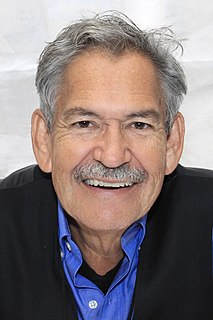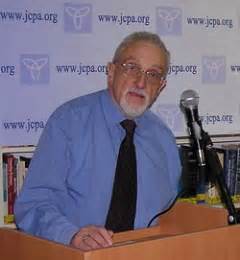A Quote by Oliver Cromwell
Catholicism is more than a religion, it is a political power. Therefore I'm led to believe there will be no peace in Ireland until the Catholic Church is crushed
Related Quotes
The old Catholic church traditions are worth more than all you have said. Here is a principle of logic that most men have no more sense than to adopt. I will illustrate it by an old apple tree. Here jumps off a branch and says, I am the true tree, and you are corrupt. If the whole tree is corrupt, are not its branches corrupt? If the Catholic religion is a false religion, how can any true religion come out of it? If the Catholic church is bad, how can any good thing come out of it?
Atheism in legislation, indifference in matters of religion, and the pernicious maxims which go under the name of Liberal Catholicism are the true causes of the destruction of states; they have been the ruin of France. Believe me, the evil I denounce is more terrible than the Revolution, more terrible even than The Commune. I have always condemned Liberal Catholicism, and I will condemn it again forty times over if it be necessary.
I wouldn't have known anything about Catholicism if I hadn't been dating Gert. In those days, Catholics were much less ecumenical than they are today. Gert was always of the mind that she wouldn't go to another church except the Catholic Church. So when I would date her in New York City and later when we went to Oxford before we got married we always went to the Catholic church.
I was nurtured in the church; I went to a Catholic school; I was an altar boy; I went to a Catholic university; I was steeped in the moral tradition of the Catholic Church. My Catholicism plays a very strong role. But I thought President John F.Kennedy answered rather well when he said that ultimately my conduct as a public official does not come ex cathedra from Rome; it comes from my conscience.
I believe in an America where the separation of church and state is absolute - where no Catholic prelate would tell the president (should he be Catholic) how to act, and no Protestant minister would tell his parishoners for whom to vote - where no church or church school is granted any public funds or political preference - and where no man is denied public office merely because his religion differs from the president who might appoint him or the people who might elect him.
I'm an ex-Catholic priest. I have such a complex relationship to Catholicism. On the one hand, if I called myself a Catholic it would have to be a very unorthodox one, as I just don't believe all of the teachings of the Church. But on the other hand, I'm an educated man because the Catholic Church educated me. It gave me something that is really important to me. So I always think about my faith. I always have it, and sometimes I can't talk about it, and sometimes I can. I am like an adolescent in that way. Teens are asking questions: who is God and what does it mean to have faith?
Do I address issues of the spirit, of the soul, in my work? Yes, definitely. As for being a Catholic poet, I was born in, and into, Catholicism - Eastern Rite Maronite and Melkite Catholicism. Not being Catholic has never been a choice for me - it's in my family, my ancestry, going back centuries. Catholicism, for me, is always here.
Our work has only begun. In our time we have an historic opportunity to shape a global balance of power that favors freedom and that will therefore deepen and extend the peace. And I use the word power broadly, because even more important than military and indeed economic power is the power of ideas, the power of compassion, and the power of hope.
During a frustrating argument with a Roman Catholic cardinal, Napoleon Bonaparte supposedly burst out: “Your eminence, are you not aware that I have the power to destroy the Catholic Church?” The cardinal, the anecdote goes, responded ruefully: “Your majesty, we, the Catholic clergy, have done our best to destroy the church for the last 1,800 years. We have not succeeded, and neither will you.”
We have to separate here the church in its broad sense. We have Catholics, Protestants, Eastern Orthodox churches. The Catholic church is a corporation like a chief executive. A fairly homogenous operation. Today its attitude toward anti-Semitism is much more severe than it's ever been. The Catholic Church today is much less the problem than the other groups.



































